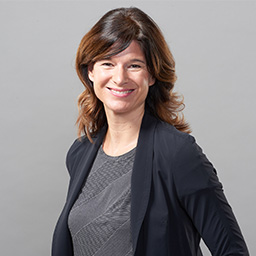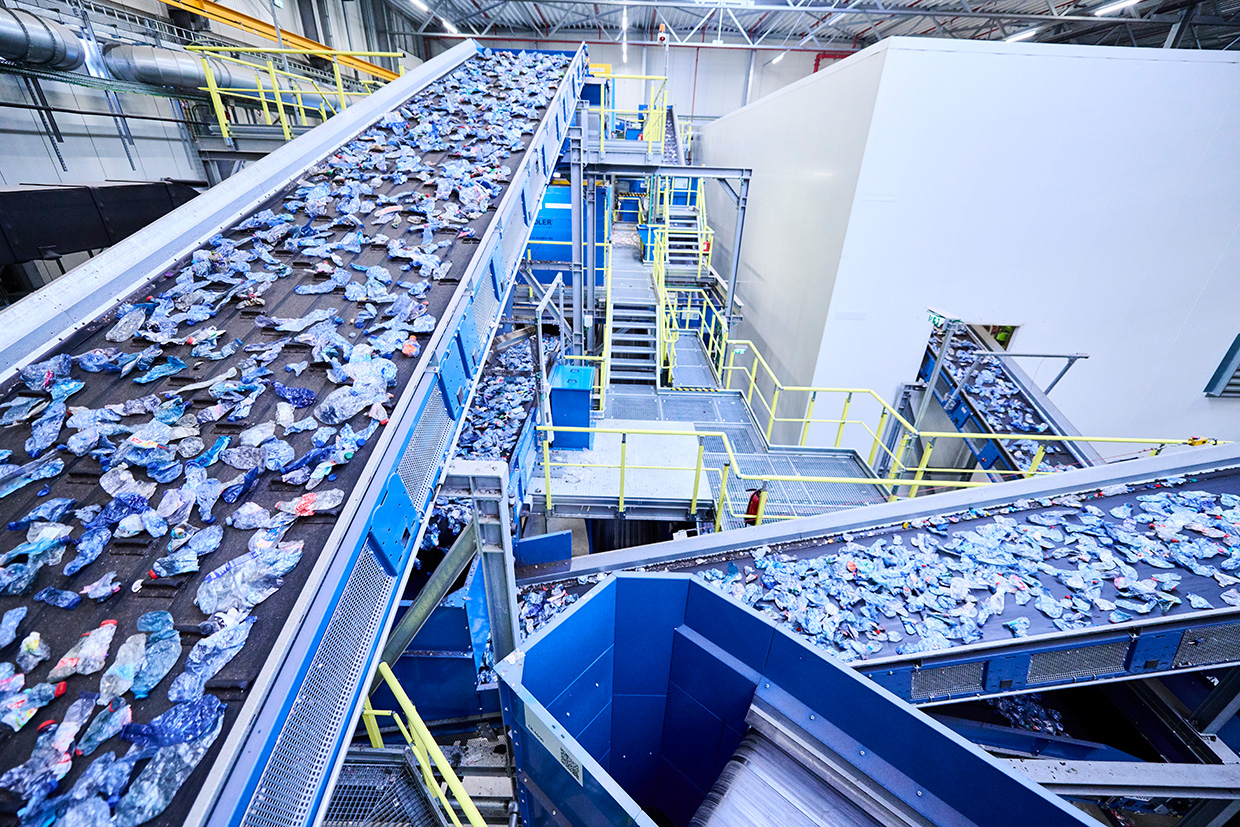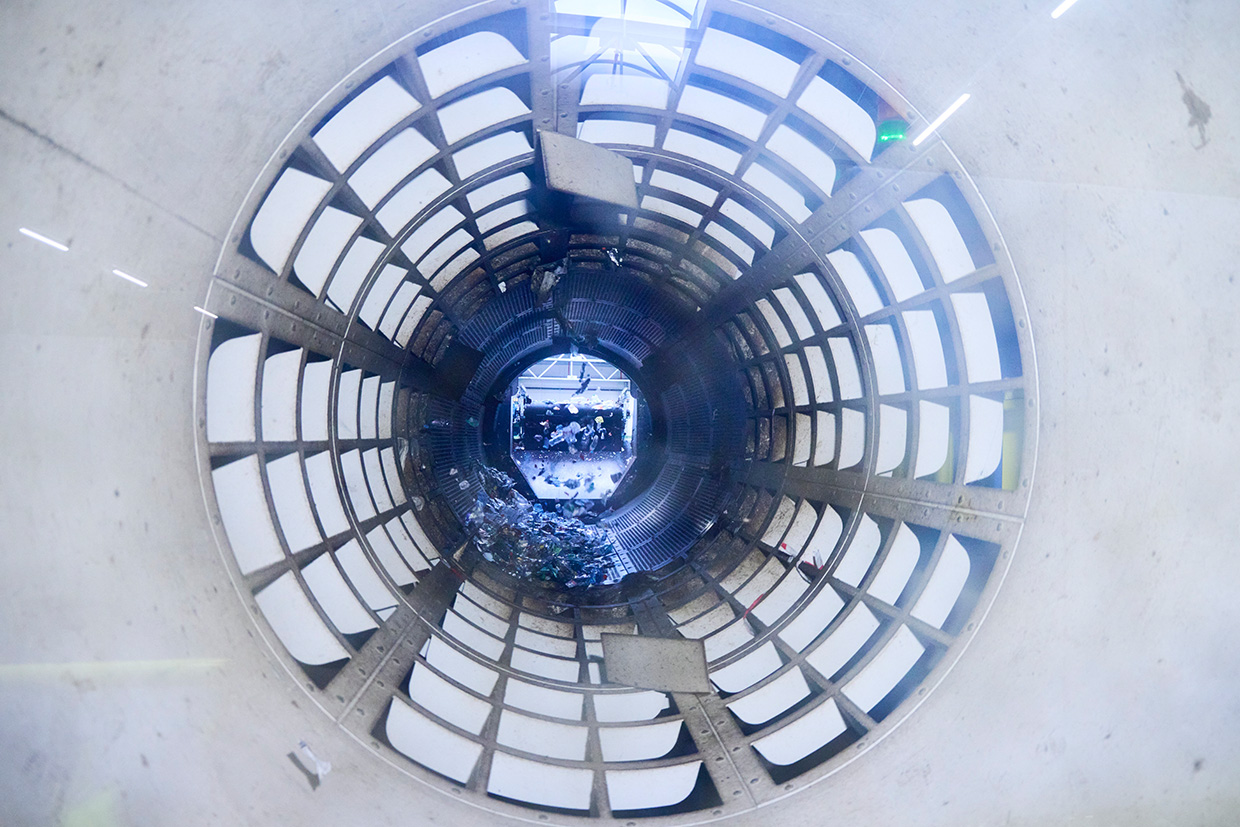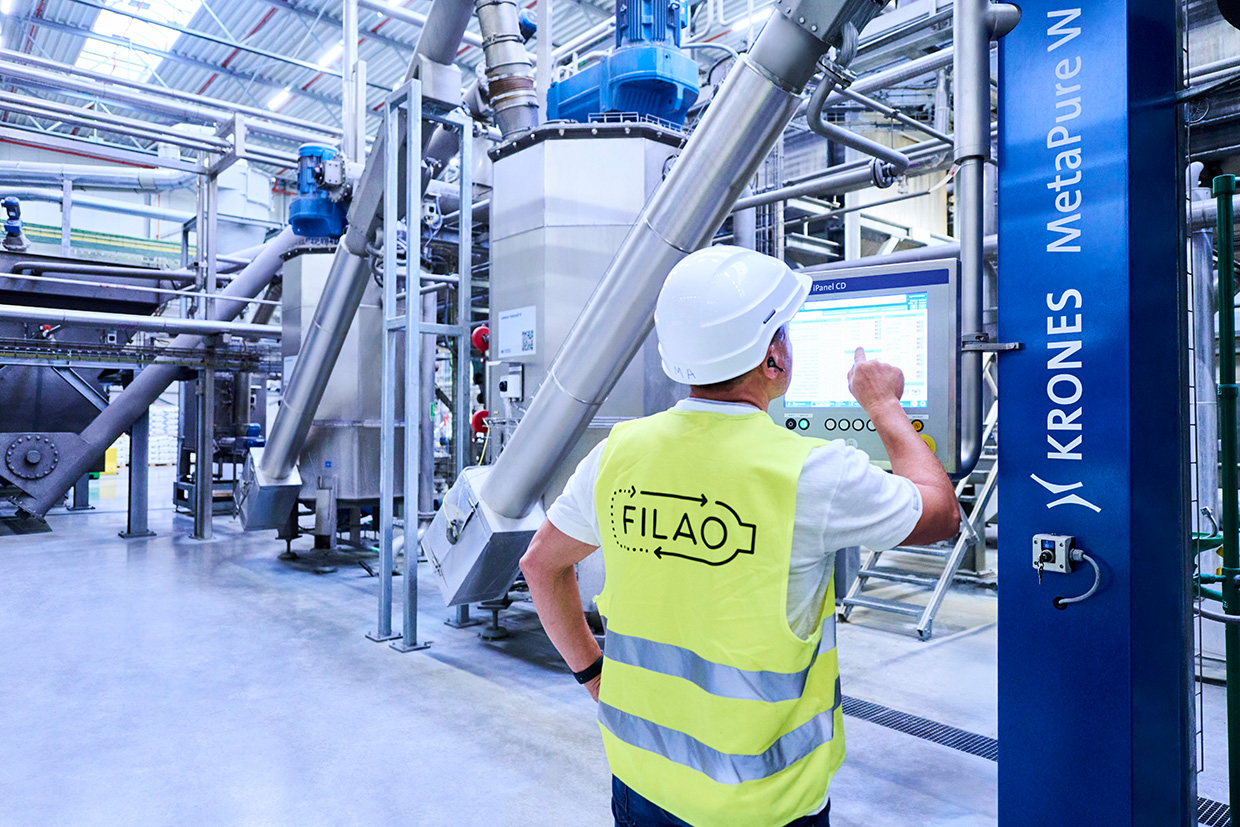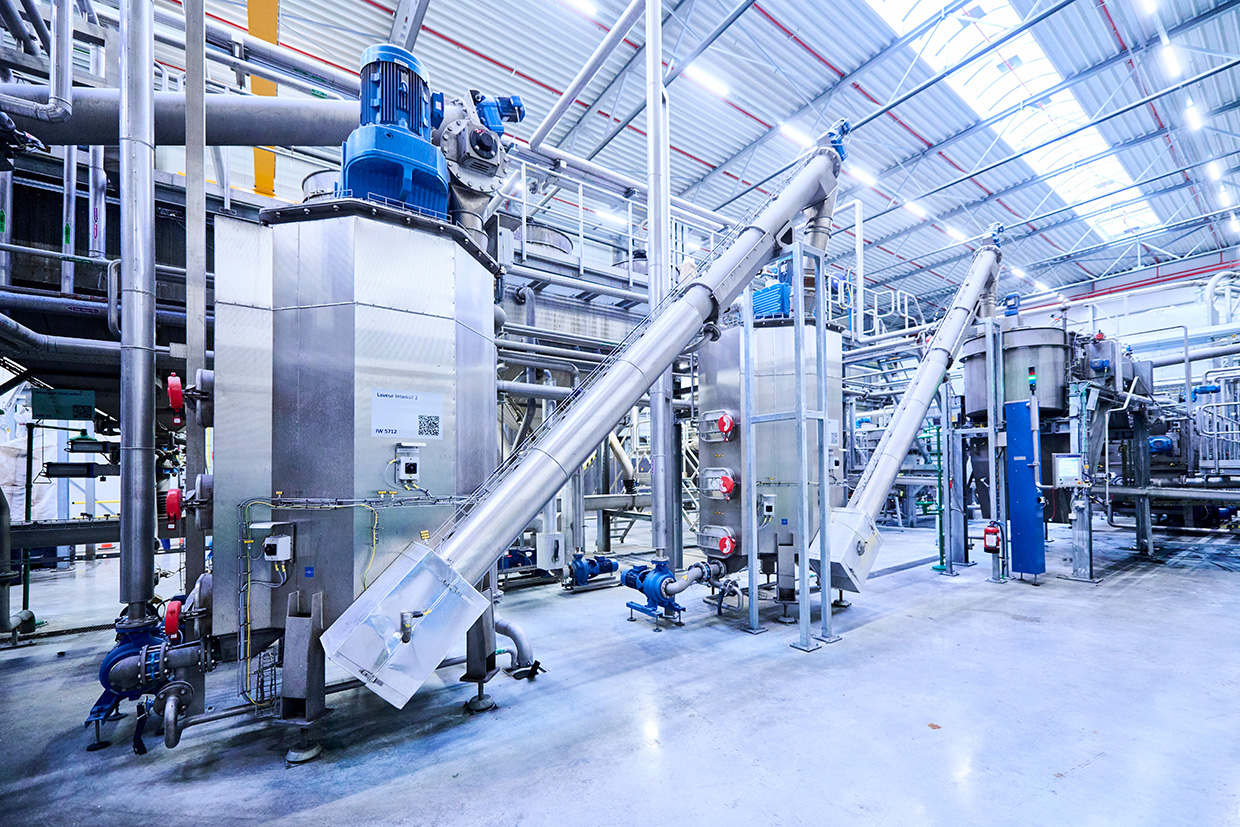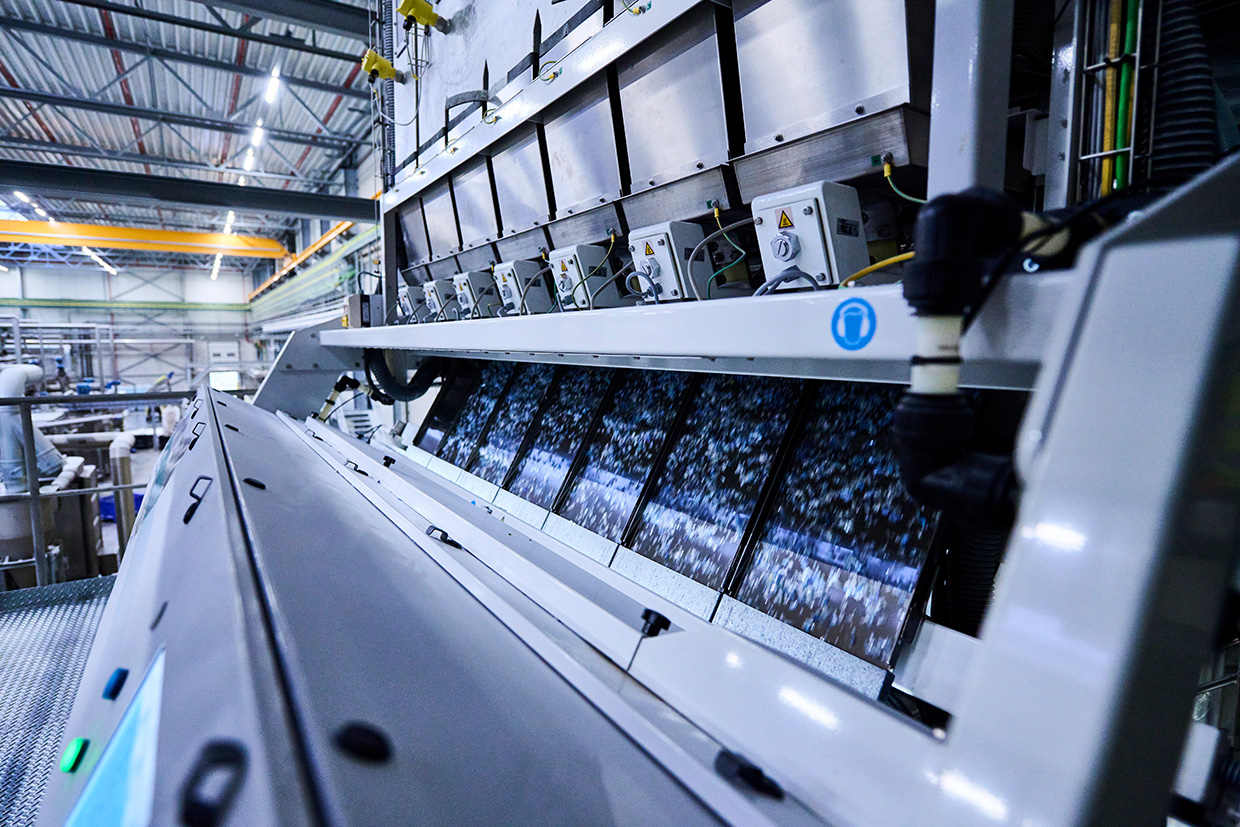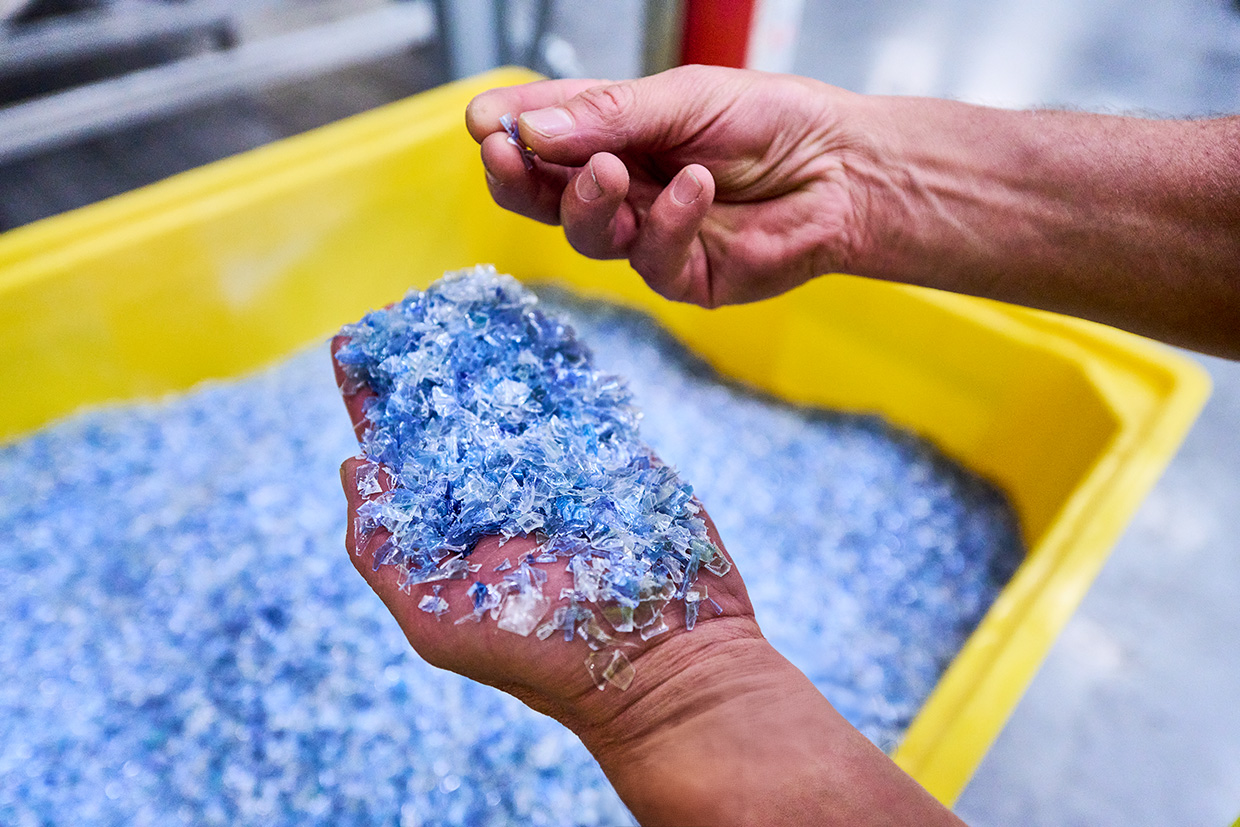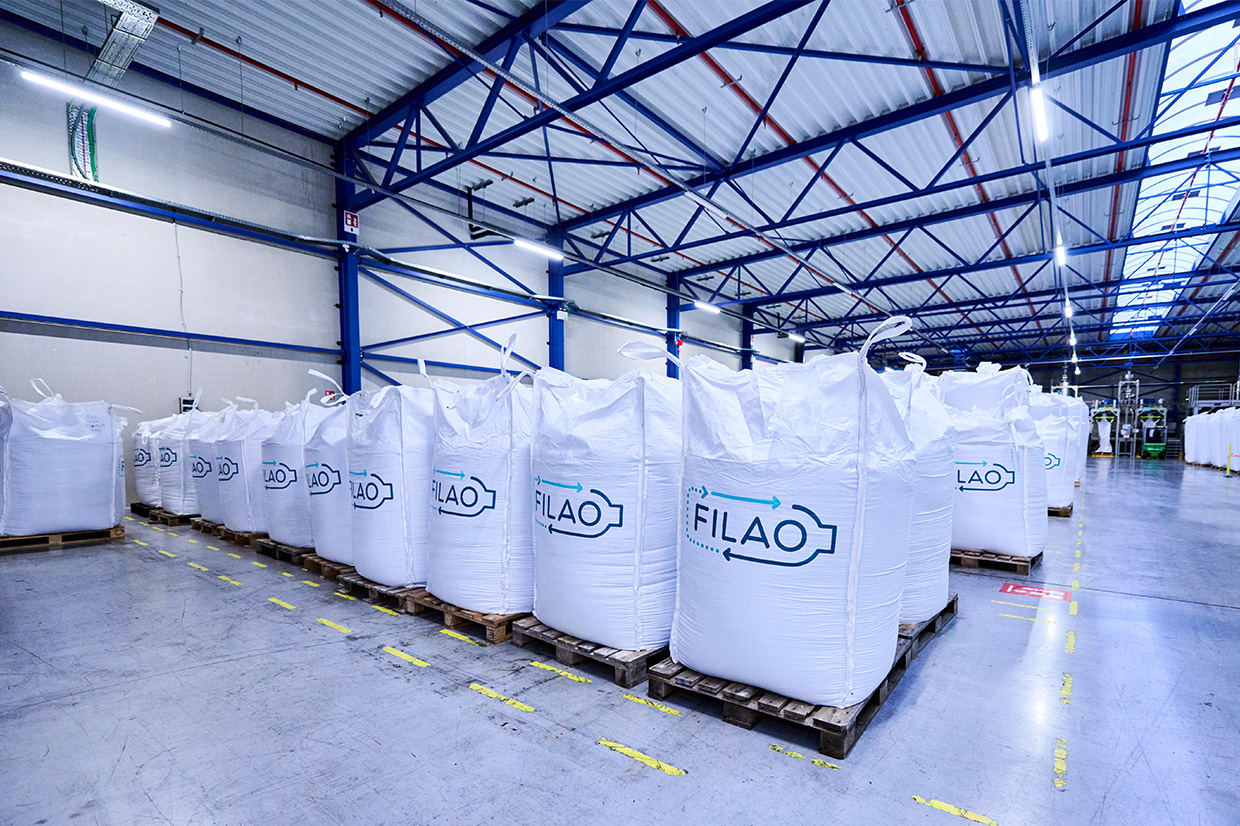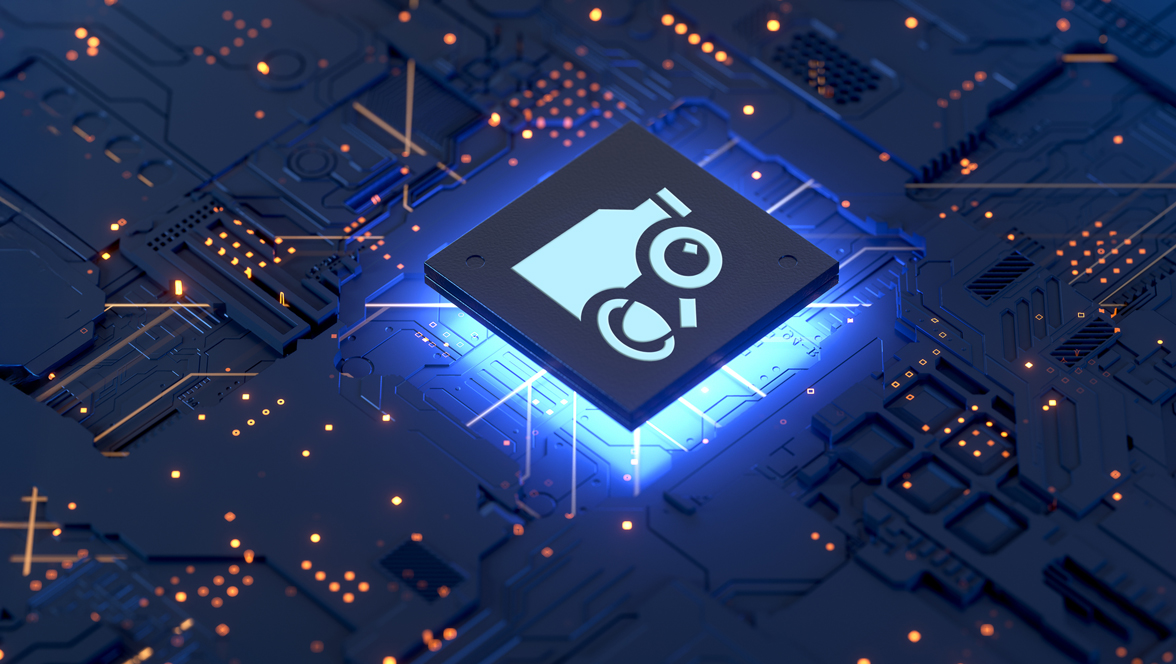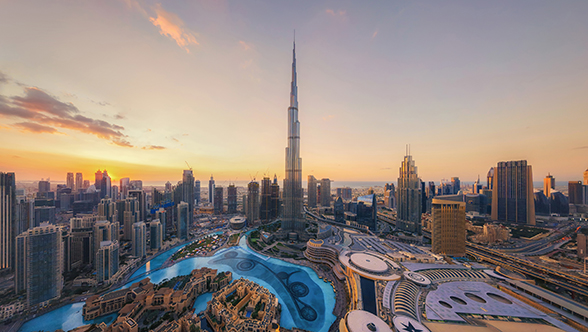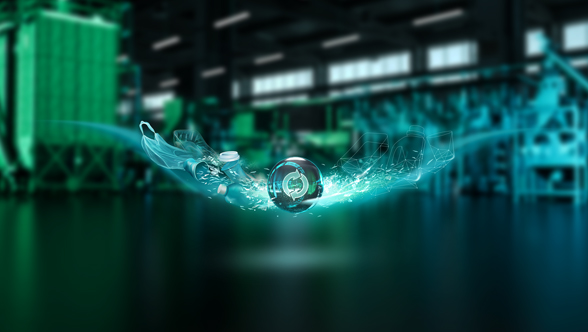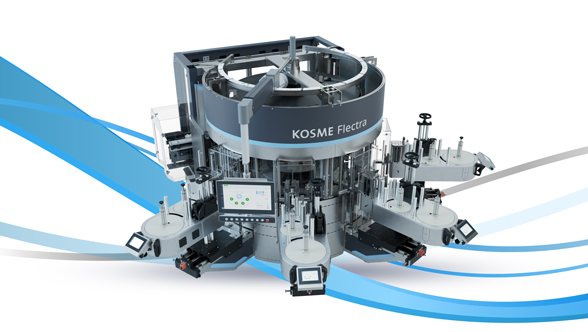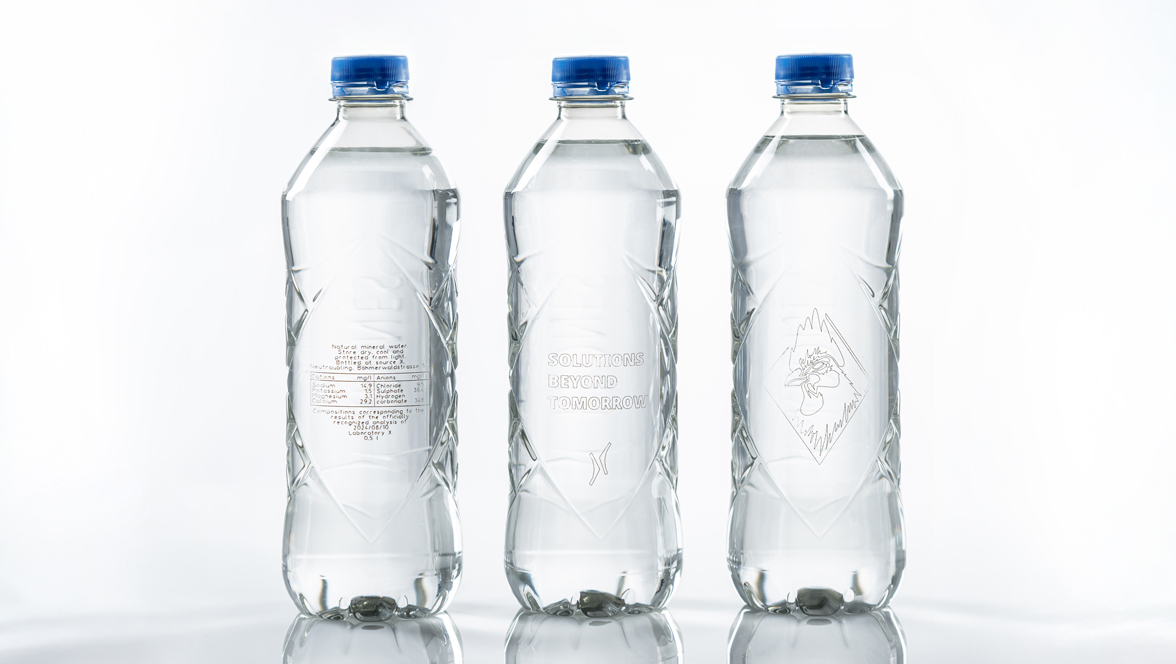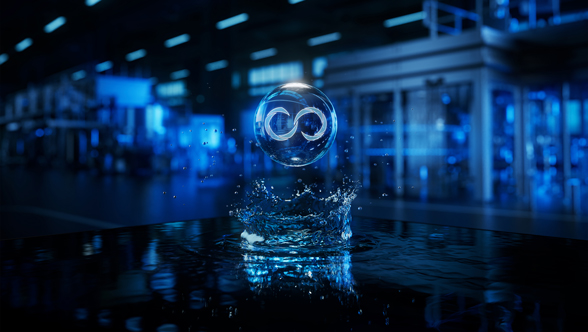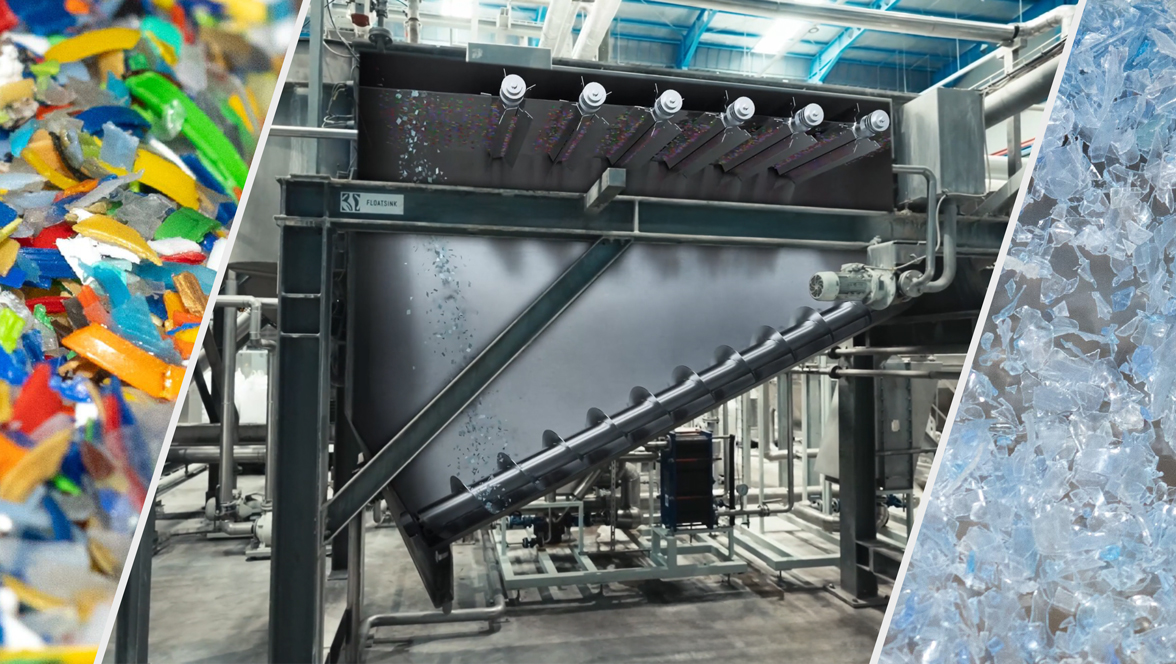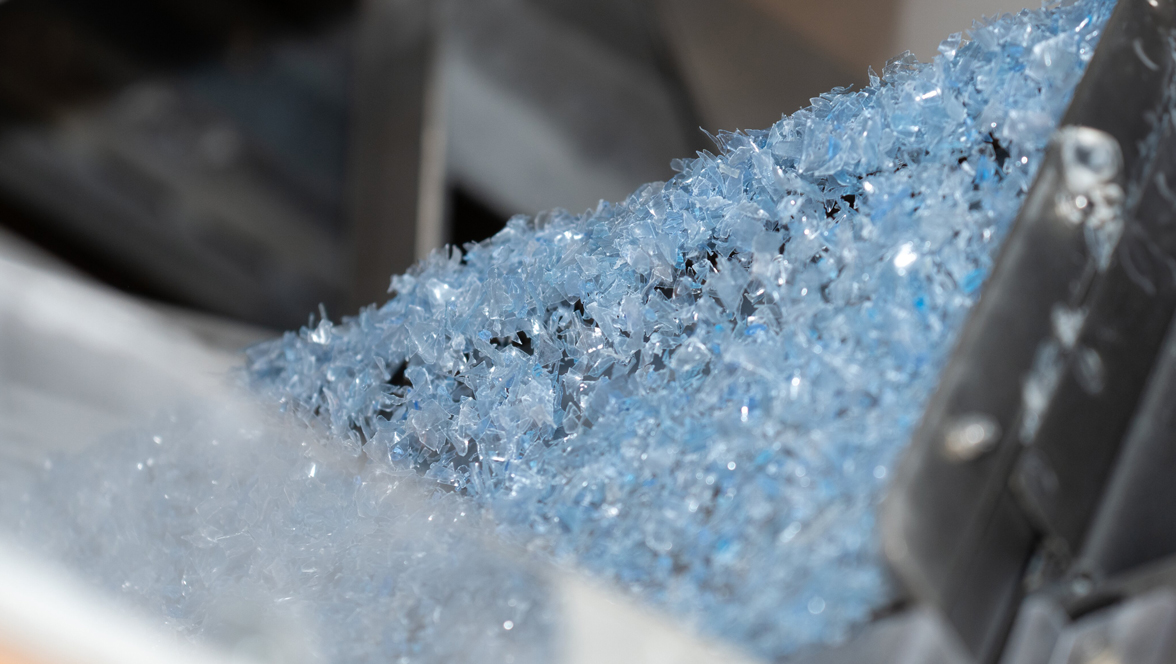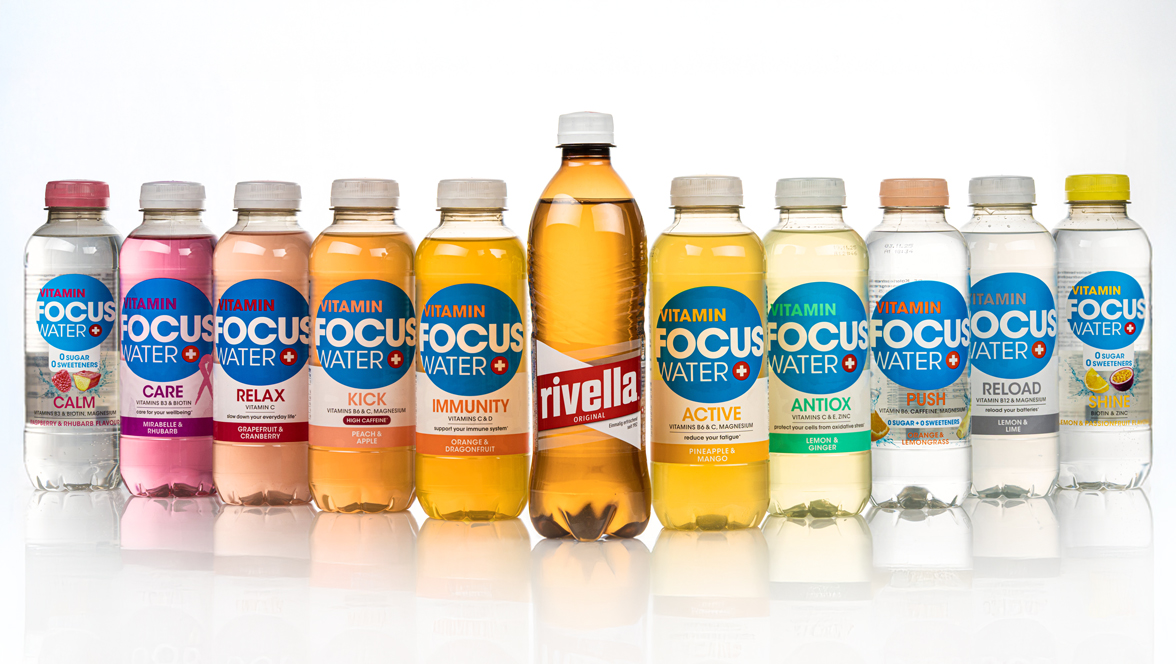In Belgium, used PET bottles are usually collected in blue bags and transported to one of the country’s five sorting centers. And since recently, most of the bottles then go on to Filao, a recycling plant in Charleroi. It was established by two companies: Sources ALMA is one of the leading European producers of mineral water, and Veolia is a recycling expert. In a joint venture, they were able to make the winning bid for the public contract to construct a new recycling plant dedicated exclusively to PET bottles.
When a recycling expert joins forces with an expert for rPET bottle manufacturing, it’s a perfect match, because the skills complement each other ideally. And that is how Filao, Belgium’s first recycling plant dedicated to PET, was born. And they rely on a recycling line from Krones.
This recycling plant went into operation in January 2023. “Each year, we process 40,000 tons of bottles – that’s roughly 70 percent of all the PET bottles that are collected through the blue bag scheme,” says plant manager Mélanie Gregoire. Filao sorts, shreds and cleans post-consumer PET packaging – and closes the loop for recycling in Belgium, taking used bottles to produce a recycled, food-grade PET (rPET) for mineral water and other beverages bottles.
Filao is the third recycling plant that Sources ALMA has gotten up and running. The enterprise has operated one in Lesquin, in northern France, for 15 years now and another, in Saint-Yorre in central France, for three years. Both are equipped with Krones technology. ALMA also uses Krones systems in its mineral water bottling lines. So it was only logical that the company would entrust Krones with kitting out its new recycling facility as well. “We knew that Krones would enable us to make this new line the best there is,” says Simon Fleury, plant director for rPET for Sources ALMA and at Filao.
We knew that Krones would enable us to make this new line the best there is.
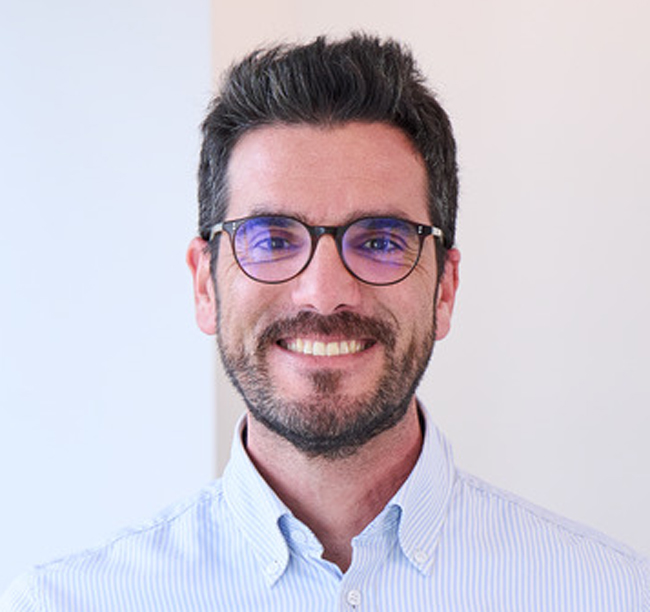 Simon FleuryPlant director for rPET at Sources ALMA and Filao
Simon FleuryPlant director for rPET at Sources ALMA and Filao
Transforming bales of PET bottles into high-quality flakes
The new plant had to be operational in just one year’s time – that is, from constructing the buildings to recruiting the staff through to getting the production line up and running. “On a big project like this, with such a tight timeline, knowing you’ve got a dependable, solutions-oriented partner on your side is crucial,” stresses Mélanie Gregoire. Krones not only delivered most of the machines for the Filao plant but also played a major role in designing and implementing the line, ensuring that all components were optimally aligned to make a perfect match. Krones was able to draw upon its own, deep expertise in recycling, which has been combined within the independent subsidiary Krones Recycling GmbH since July 2024. At the same time, Krones has its very own in-house factory planning and project management teams, allowing it to assume overall responsibility for the project with very few interfaces.
On a big project like this, with such a tight timeline, knowing you’ve got a dependable, solutions-oriented partner on your side is crucial.
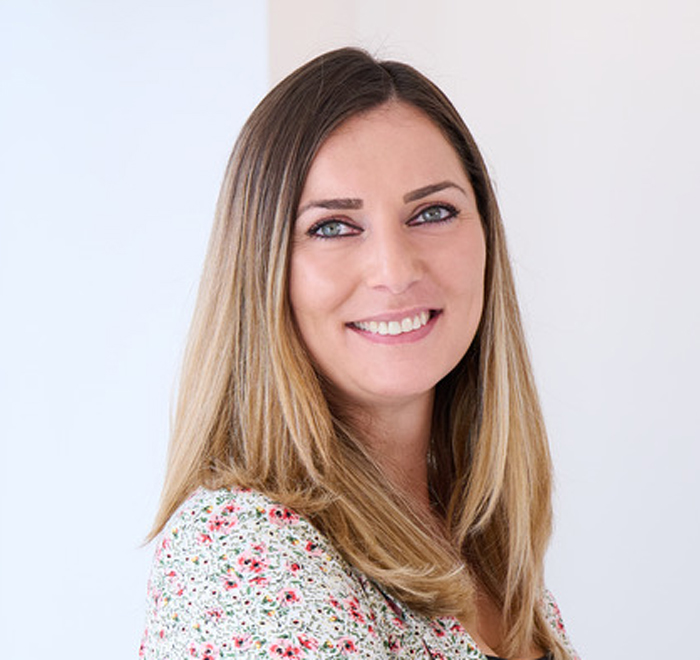 Mélanie GregoirePlant manager at Filao
Mélanie GregoirePlant manager at Filao
The heart of the recycling line is the MetaPure W-PET washing module, which provides pre-treatment, a caustic wash and a hot post-wash. For those components that are not part of Krones’ own portfolio, Krones relies on long-standing partnerships with manufacturers who have an excellent track record. This combination of expertise and cooperation is essential for ensuring that the complex process of recycling runs smoothly and efficiently.
But what actually happens in the line? It all begins with PET bottles, which arrive at Filao in enormous compressed bales. A large rotary drum screen separates the materials into fractions, after which further sorting steps remove other plastics and contaminants such as labels. The sorted PET bottles are then shredded into small pieces, which are called flakes. The flakes are passed on to the MetaPure W-PET washing module. As Mélanie Gregoire explains, “In the first stage of washing, inside the pre-washer, the flakes are rinsed with water in order to remove coarse soiling such as bits of labels or beverage residues.” A crucial part of the process is the density separator, also known as the sink-float tank. Because PET is denser than water, it sinks to the bottom of a tank of water while less-dense materials such as polyethylene caps float on the surface and can be skimmed off. As Mélanie Gregoire explains further, “The PET flakes are then washed with an 85-degree-Celsius combination of water and caustic soda to remove any remaining contamination.” The PET flakes go through this process twice before moving on to the rinse tank, where all remaining polyolefin label material is removed.
After the final hot-water washing, the flakes pass through mechanical and thermal dryers. The mechanical dryer uses high-speed spinning while the thermal dryer blows hot air over the flakes. Any dust or remaining label fragments are removed in a zig-zag sifter.
The flakes are then sorted once again. After further screening particles that are either smaller than two or larger than 25 millimeters are seperated. Too-large flakes are sent back to the shredder and run through the entire process again. Then the flakes are checked for color and material by optical sorting within the visible light spectrum and by laser sorting. Only blue and colorless flakes are allowed to move on to the next step. The laser also detects and removes aluminum fragments, which may have come from lids or labels.
“At the end of the process, the PET flakes are clean and free of contaminants,” says Mélanie Gregoire. “They can then be melted down into pellets and made into new bottles or other plastic products.” Finally, the recycled flakes or pellets are packed into big bags and shipped to one of Sources ALMA’s 50 factories in Europe.
Designed for sustainability
The new bottles that Sources ALMA manufactures from the flakes often contain even more recycled material than required by the European Union. As of 2025, EU law requires a minimum of 25 percent, which is set to increase to 30 percent in 2030. Recycling reduces carbon emissions: Every ton of rPET produced by Filao generates three tons less carbon emissions than one ton of virgin PET.
However, Filao is not only focusing on sustainability for the downstream supply chain, but also for its own production. The facility also has 12,000 square meters of photovoltaic modules installed, which generate enough energy to cover roughly 20 percent of the plant’s energy needs, and systems in place to treat the water both upstream and downstream. Moreover, thanks to dry sorting at the start of the line and rinse water recovery, the entire process uses less water than producing virgin PET. “Right now, we use 1.5 liters of water per kilogram of finished rPET, and we aim to reduce that further,” says Mélanie Gregoire.
Flakes for the future
“Together with Krones, we put the new recycling line into operation and started our first trials in January 2023,” recalls Simon Fleury. Just two months later, production was already going smoothly, without interruption. “The line has been running at capacity since August 2023.” It operates around the clock, in three shifts, seven days a week, with seven people working each shift. Only at year’s end does the line take a break – one week for a thorough cleaning and maintenance of the machines. This efficient structure enables the plant to achieve an impressive output. That puts Filao in an excellent position to recycle even more PET bottles in the years ahead.
Looking back, Simon Fleury summarizes the course of the project as follows: “Building an entire recycling plant is a mammoth task. Things can get pretty intense at times, but we always talked it out and found the best solutions. What emerged was a genuine, well-proven partnership.” A partnership that – like the project itself – is designed to be sustainable.
About Krones Recycling GmbH
Since it’s spin-off in July 2024, the Krones subsidiary takes care of all activities relating to plastics recycling. In the Krones Recycling Technology Center in Flensburg, Germany, the company offers consulting services, tests, and analyses using a small-scale industrial line – from the feasibility study to proof of concept right through to detailed planning. Furthermore, Krones Recycling uses Krones’ global production, sales and service network.
